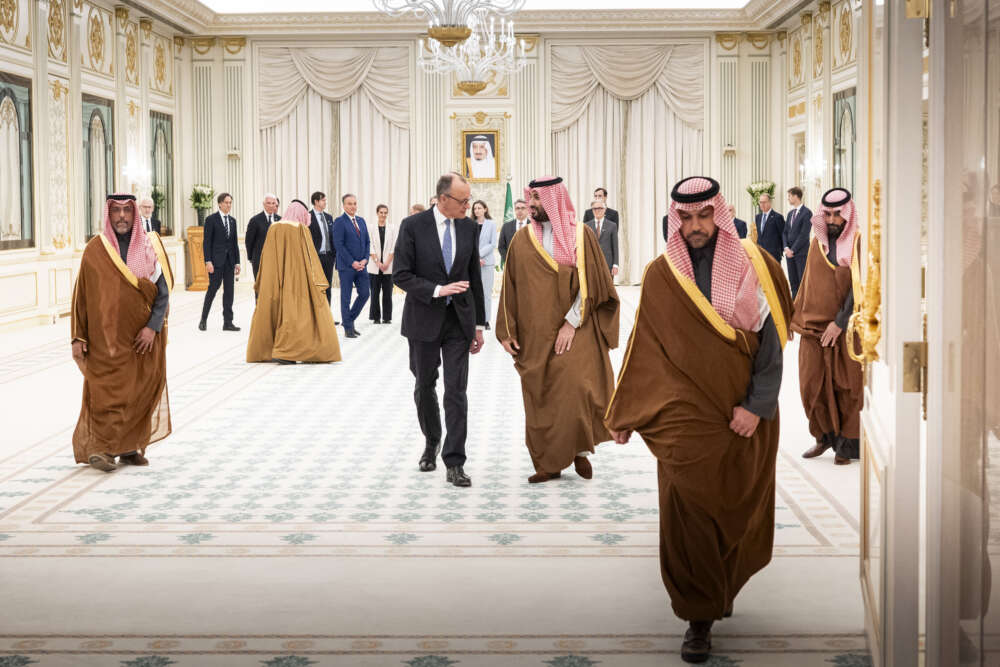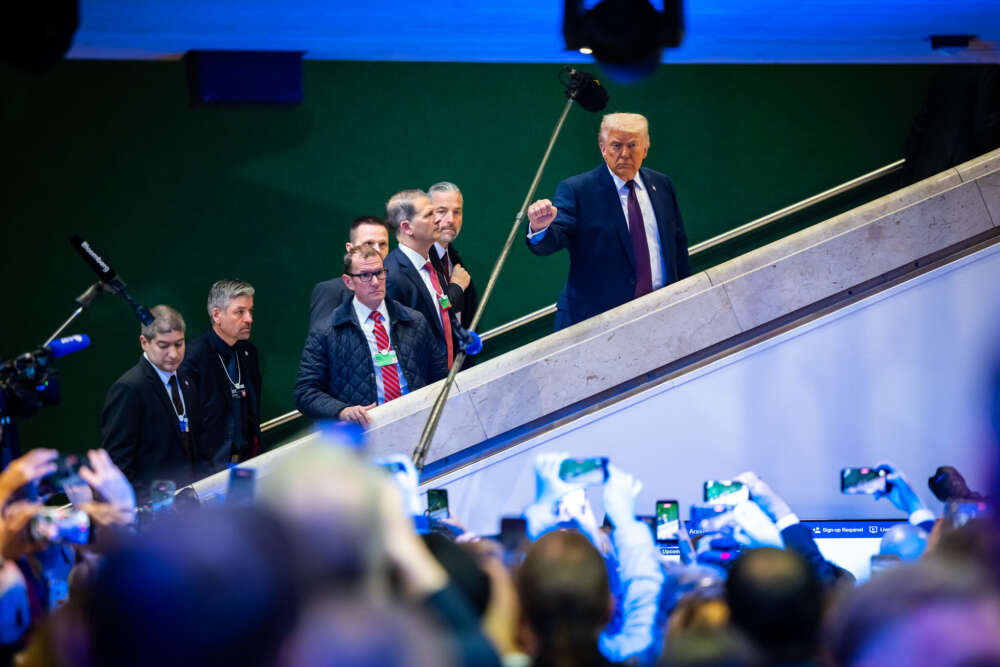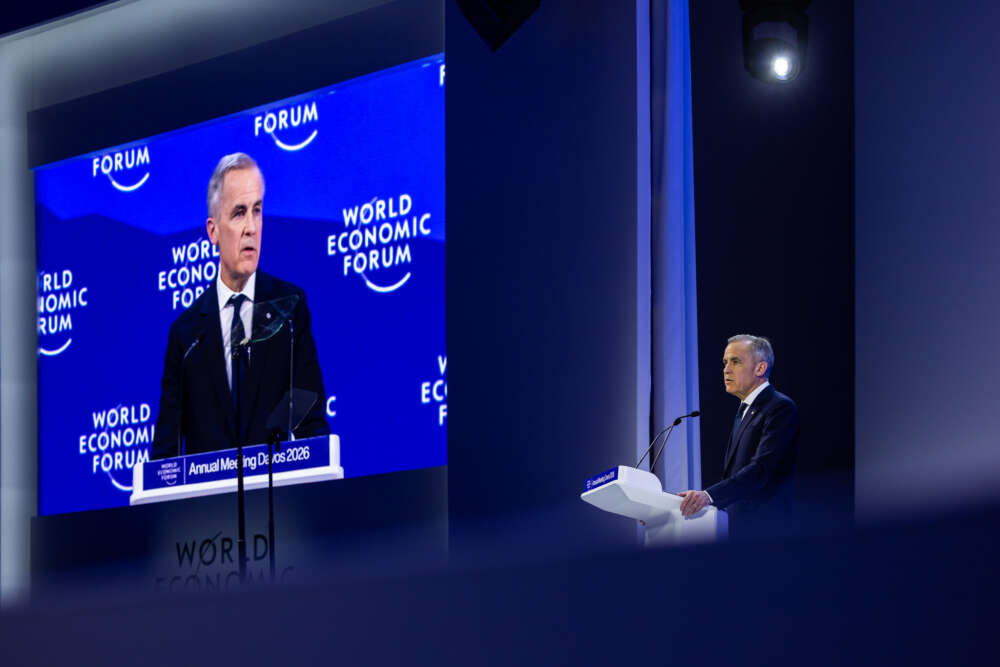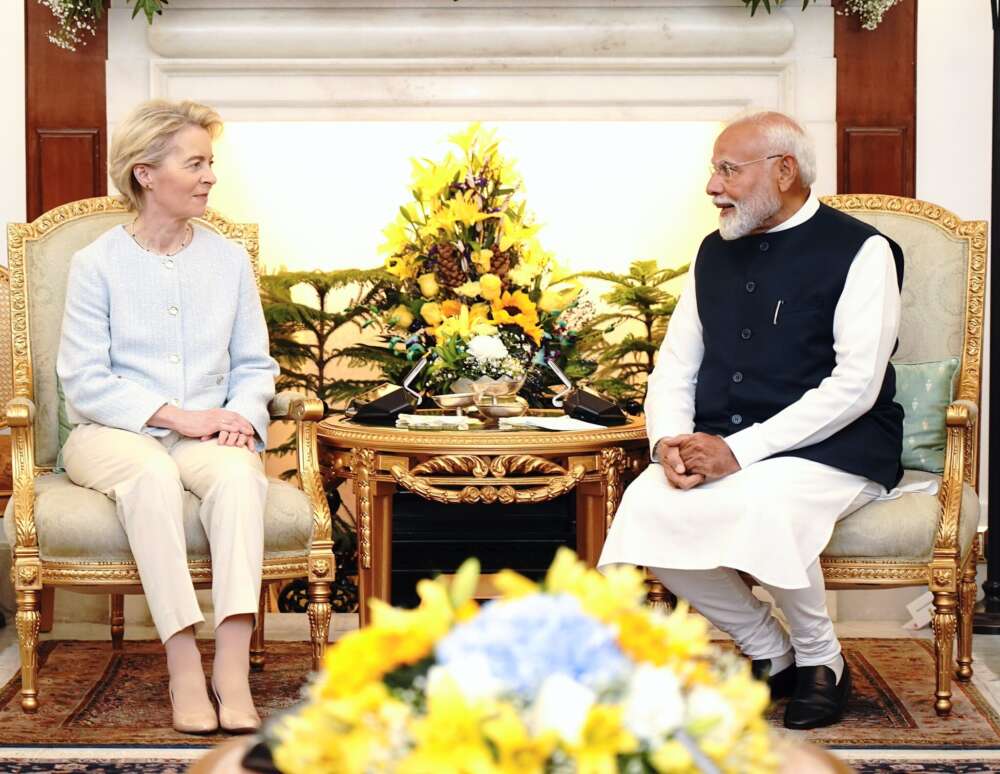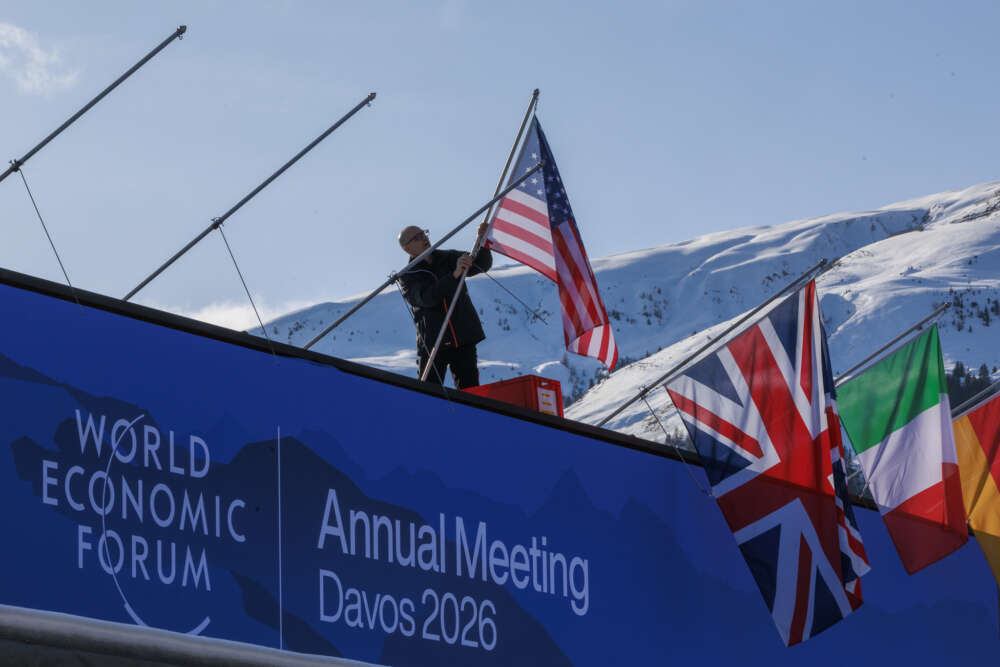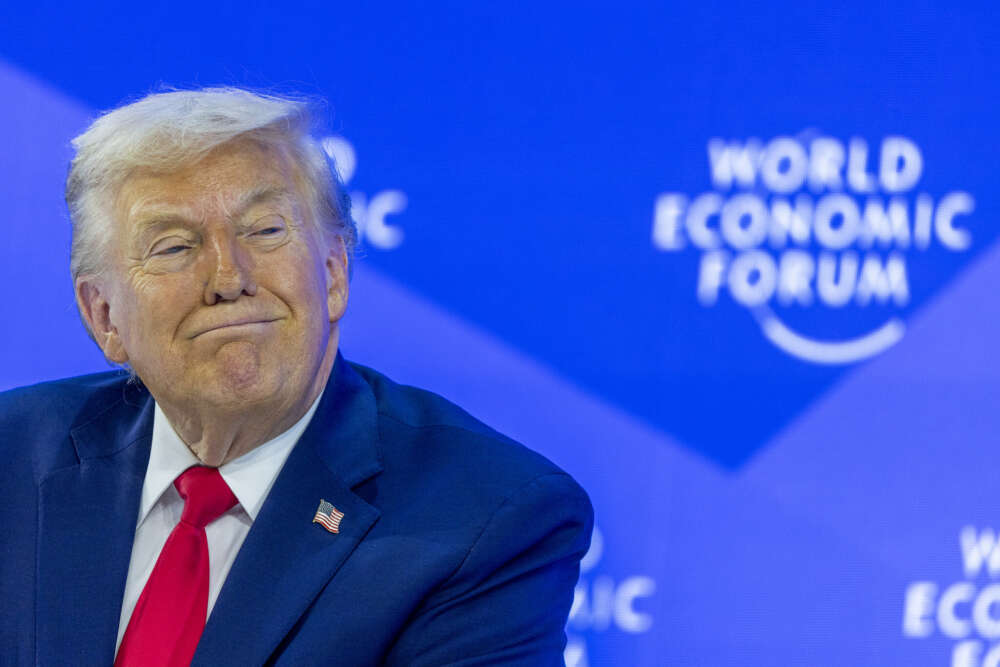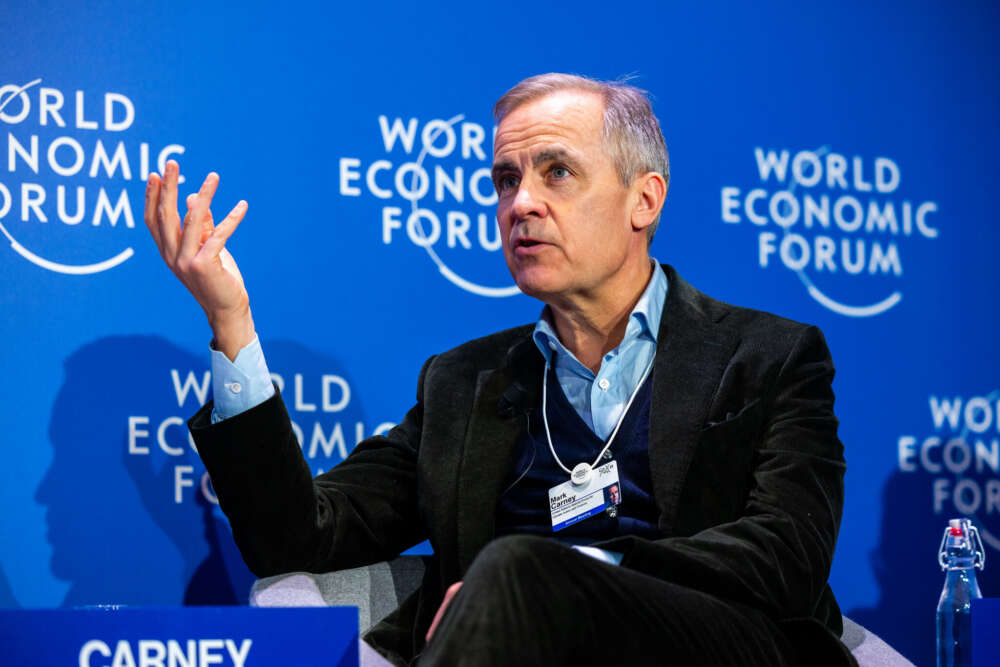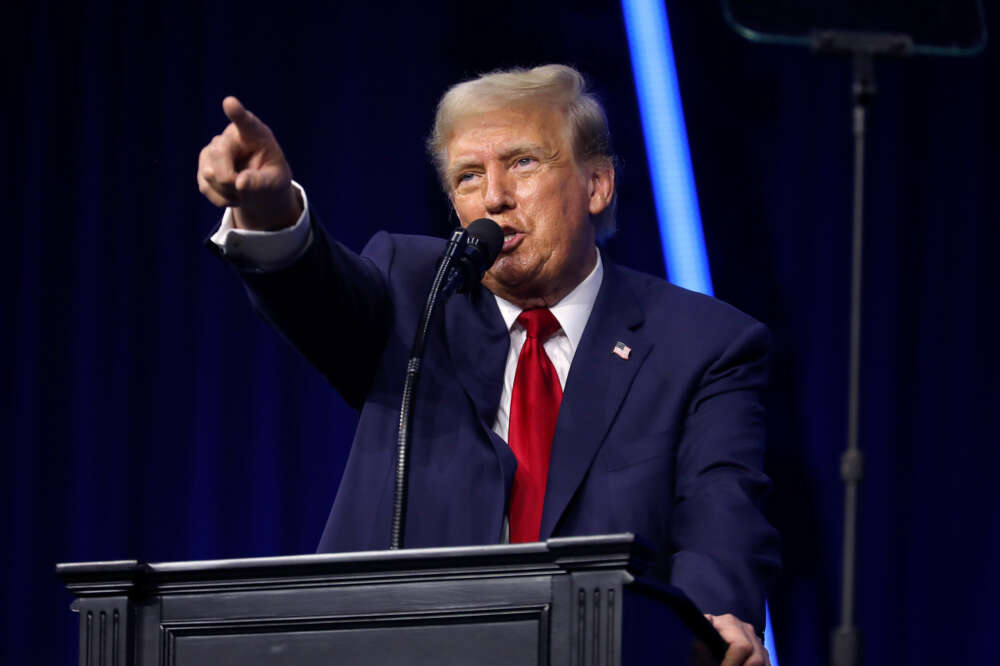EU and Hong Kong: The New Reality of Their Economic and Political Ties
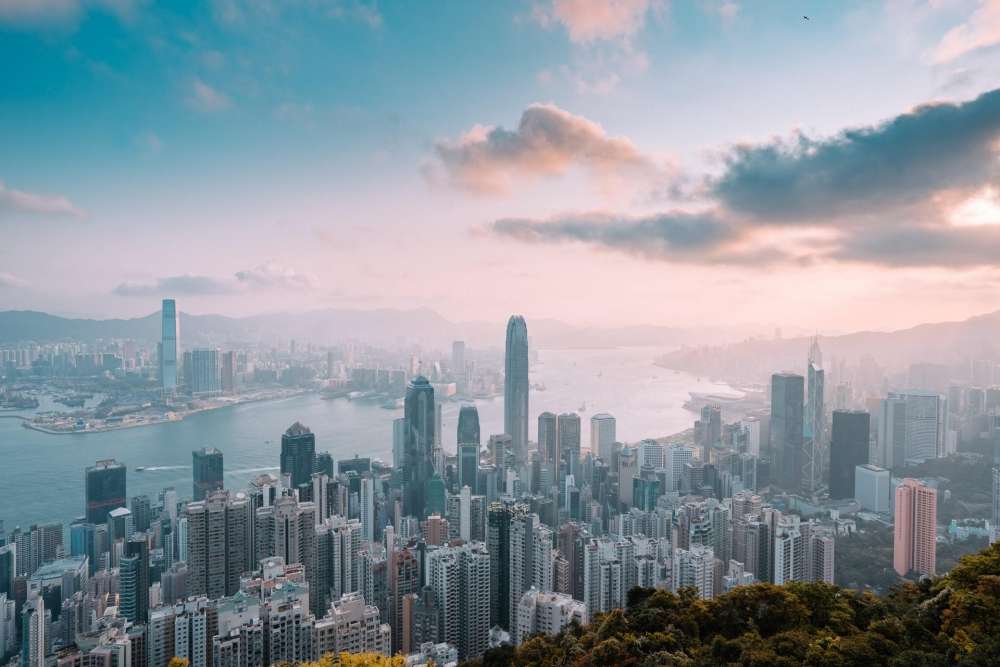
This interview was originally conducted with Joel Sandhu and Max Zenglein by the Technische Universität Berlin’s Center for Cultural Studies on Science and Technology in China (CCST) on February 10, 2020.
We need to start this conversation with a positioning of Hong Kong. What is Hong Kong for Europe, or, put differently: what is Hong Kong for the EU?
Max: I think Hong Kong’s role for Europe and European companies per se has changed over the past years or decades. It is still a major gateway mainly now for finance, which means a lot of investment activity of European companies is funneled through Hong Kong before going into China. It also has a role as a treasury, for example. So, you have companies that set up their Asia-Pacific headquarters – for example – in Hong Kong. And one reason for doing that is because you have the rule of law and the institutional setting in Hong Kong, which does not exist in the same form in China.
Joel: I agree with what Max said and I would even go a step back and say if you look historically, Hong Kong was and still is seen as a financial hub through which the international community can invest in Hong Kong and through Hong Kong into China. I think the reason to build on what Max said is that Hong Kong was seen as this kind of outpost of democracy, rule of law, freedom of speech, and so on and so forth. And historically, the idea was when Hong Kong was returned to China – because Hong Kong was formally a colony of the UK – that Hong Kong would act as a place where democracy could also spread into China. Through Hong Kong, China was opening up its markets, its economy, which would also in a way influence China to open up and become more like the democratic liberal order of the international community. I am sure we will talk about that in a bit, but history says otherwise.
Hong Kong is a gateway, a communication hub, the very center of East-West trade and finance. But there are already major financial and trade centers within the People’s Republic and some people say that Hong Kong might lose its strategic importance with the crisis, that Shanghai or Shenzhen might take over the role of Hong Kong. Is this not correct?
Max: I would strongly disagree with that. There is the question of the time horizon we are looking at, but of course in the course of the recent events and the protests, this debate has come up again. And I think we should remind ourselves that for the past 20 years, if not more, China has already been trying to replace Hong Kong by strengthening Shanghai and Shenzhen. But in the area of international finance, they have failed. And that is again due to the reason of the lack of the rule of law, so institutional investors do not want to put their money in a place where they do not trust the legal environment. There are also economic reasons, such as the fact that the RMB is not freely convertible, so there are also strict capital controls in place, for example. So, this does not make for an institutional environment that international investors will feel comfortable with. And clearly China is working on improving the situation in Shenzhen and Shanghai, but I mean it goes back to the recent failure in 2013 with the highly-hyped pilot free trade zone in Shanghai where there was a lot of hope that China would find a way to solve these issues and attract foreign investors, which simply did not happen. So, it is easier said than done.
Joel: I agree. I think the key point Max said there was the time horizon, because Hong Kong is still a very unique place. It is semi-autonomous, but this runs out at some point, right? In 2047, that is on the horizon, and what happens afterwards? Does Hong Kong then just become another city like other cities in China, which I am sure we will delve into later. The jury is still out on that question. I think what makes Hong Kong different – and Max, you have alluded to this – is the fact that there is freedom of speech, there is freedom of press. And even though I do not work in finance, I could imagine that if I were to invest my money in anything, I would like to know what is going on in that place. I would like to have information, access to information, accurate updated unfettered information and…
Max: It also applies to the type of financial reporting that can be…
Joel: Precisely. And for investors, they think in a way about what is predictable, what is stable, what is trustworthy. And that is something Hong Kong still provides through its press.
It seems that there are two very different value systems at play, and the crisis is also often presented here as a clash of values: our European liberal democratic values vs. the authoritarian values of a communist mainland China. Do you agree with this framing? Or do you see any other way of seeing these two opposing structures?
Joel: This thing of whether it is a systemic values clash: in a sense, it is, you cannot deny that the CCP – it is in its title – is different from how Hong Kong is run. There is this authoritarian vs. liberal order debate, discussion, among people who work on China, and observe China like we do. And I think to an extent there is this clash at the moment, and that is what is bringing millions of people into the street. I think there is no denying it. At the same time, I am very cautious to say, are we putting too much weight on this whole value system thing because we are sitting here in Berlin in Germany in Europe and the EU stands for certain values? But that is a bit trite. I mean, it is important but we cannot just keep on banging on about our values because it has not done much. And is it about the economy? Yes, it is. We have heard how important the economy is, but I think there is another question at stake here, and this is a much bigger and longer-term question about how dependent on China we want to make ourselves. I think what we see happening now is we have become overly dependent, and this plays out in our response to what is happening in Hong Kong, which I am happy to talk about later. But it is a lot of lip service and there is a reason that no serious action has been taken to push the Chinese government back and say “okay, back off.”
Max: I think it is also important to remind ourselves this, because of course there are a lot of values that we are talking about, but I would not say that Hong Kong per se is 100% identified with Western values in itself and I think we need to remind ourselves that this generation that is going on the street now, they grew up under or post-handover. So, this is also a reminder of how China failed to win them over while it was completely in their hands and I mean this issue of economic dependence or becoming more economically dependent on China while giving up other liberties, economic liberties as well as the liberty of freedom of speech and especially the rule of law and the independence of the rule of law is something that this generation – which again grew up under rule of mainland China — does not identify with, and I think that this is something that is an internal factor within Hong Kong.
How do we place the Hong Kong conflict in the global scene? It evolved from a local conflict to a global challenge. Is it also because it fits into the US-China power rivalry? Or what other context is there? Is it the values clash that you have just talked about?
Max: I would see it that we are in a process of an awakening and readjustment or re-calibration of how Western countries are dealing with China, and I think this in part because there was a lot of false hope that goes back to China’s accession to the WTO and the belief that China would change into a system that is more compatible with Western countries. And this goes in terms of how their economic system is run, as well as political values and again the legal system. So, I think this is really a part of this re-calibration and readjustment of a China policy.
Joel: I would build on that and say the way in which I see how the situation in Hong Kong plays out in the global context goes back to the birth of Hong Kong as this modern city and the agreement that gave birth to post-colonial Hong Kong, the Sino-UK joint declaration on Hong Kong, which said in 1997 that Hong Kong would go back to China and until then the city will have its semi-autonomous ways. And what we have seen over the years is how China is – in political science, we say – salami slicing. They are kind of slowly eroding different elements of this semi-autonomous character away and we in the West, and Western governments have been quite pathetic – if I may put it bluntly – in our response to it. And what scares me when I think about this in the global context is that this is a treaty that was recognized by the UN, it is an international agreement and China has obviously – from my perspective – failed to live up to this agreement, and it has not really paid for this, there is no serious repercussion. And if we cannot trust China to uphold this international agreement, I am afraid that we would be kind of foolhardy to jump into other agreements, which we have of course, and how do you hold China to account? It is almost like it is getting away scot-free from what is happening, and that for me in the global context is very worrisome. China is and will be a fundamentally important player in global policy-making in the 21st century and we need to be able to trust Beijing. At the moment, if there is no trust, I am afraid that any kind of cooperation will also be somewhat meaningless.
Max: If I may add to that, if we are talking about the values issue again. As I mentioned, I think it was a false belief that China is going to take up much of these Western values. China sees itself as a leading country in many ways and it is in their own interest to have their own values. But just as China will not accept Western values or only to a limited extent, the West should not accept Chinese values. So, this is about seeing China for what it is, just as China sees the West as what it is. It is a wake-up call to reality, I think we are just at the very beginning of this phase and it is a matter of avoiding conflict in this area and just being able to deal with or adjusting a partnership or our relationship, which I should say has evolved over the past few years and decades.
How could the EU position itself to this? Just last July, the European Parliament issued a resolution that lists a number of requirements like “The EP calls on the HKSAR Government to immediately release and drop all charges against peaceful protesters.” What is the EP’s expectation behind it? A newer, mid-November declaration of the Council of the EU says: “The European Union is willing to support all those who would work toward de-escalation and establishing such a dialogue.” Do you know of any such initiatives? What is the position of the EU?
Joel: I mean the EU is great at putting out statements and that is what a lot of people spend a lot of hard long time doing. It is not surprising. Yes, the EU wants to support human rights, democratic values and so on and release political prisoners. That aside, I think what the EU and European member states need to do – and that is no surprise – is to realize that what is happening within this union is that it is being cut up, divided and conquered in a way by China, due to economy and investments, and we have seen how certain authoritarian influences have manifested themselves in European Union debates. Whether it is investments into Greece and ports and Italy and other places. We see that it is undermining what is important for us. The value stuff aside, it is ultimately about interest and I think we really need to consider how much we want to be dependent economically – and politically in a way – on China. And do we really want to fall into this golden cage where the EU is a political dwarf and economic giant and we need to re-calibrate that? I think that this is important going forward whether we are dealing with the Chinese government or any other government in the world. I think that it is important that we get our things sorted at home first because we are divided. We do not really speak with one voice on many things at all in the EU, and for me that is a scary part. What is happening outside is a good mirror to reflect on the mess that is on the home front for me.
Max: I am not a political scientist but let us see as an economist. These are still developments that are important when it comes to – and I completely agree with what you just said – dealing with China: it is firstly important to have a single European voice. It is absurd that you have single member states who think they are in the position to move China in any way. The second point that is important is that if such statements and resolutions come out, there also need to be consequences. You can tell by their reaction how much this affects China: if there is no reaction, it means they just take note, or not even that, and it ends up in the rubbish, basically because they know that there is no consequence behind it so they will not take it seriously. Past experience shows that China is very pragmatic and they will react when faced with potential consequences that are not in their own interests. You just mentioned this economic dependence that Europe perceives having with China. It is also worthwhile reflecting on, because it is not as strong as it is. If you look at the data, sure it is important. But in no way is Europe so dependent on China that they need to do anything that China wants and cannot stand up for values that are of fundamental importance to the EU as a whole, but also to the market-based economic system that is here. And I think this realization should also help Europe to be less afraid of having consequences if they feel that these values are threatened by China.
You just said, Joel, that the “one country two systems” will end in 2047, when Hong Kong will become just one regular city within the People’s Republic of China. What visions are there in Hong Kong for 2047?
Joel: Let me go back to 2016. I wrote an op-ed on this where I pushed for the argument that the best way forward for Hong Kong – leading up to and after 2047 – is an extension of this one country two systems for Hong Kong, because – pulling out my non-existent hair – I really cannot imagine what else Hong Kong can do or what else is good for Hong Kong. Independence, no way. Going back to China completely – also in the political system – is not good for Hong Kong. So, that is what I have argued and I have heard other people making the same arguments since 2016. Just a couple of weeks ago, Carrie Lam, the chief-executive, the political leader of Hong Kong, mentioned this for the first time. I opened up the South China Morning Post and she mentioned the possibility of extending this agreement post 2047. I thought, “Wow, actually, thank goodness, this is picking up traction now.” I would love to see that happen. And that is what I think would be ideal from my vantage point, because complete independence is a no-go for China. It is a territorial thing, it is a sovereignty question. And I think going back completely or being subsumed politically into the Chinese system – a communist system – is also damaging for Hong Kong.
Max: I think it would be a nice way to go that way, but I think there is a lot of legislation in the pipeline if you look at the national education law, where I think China is already trying to put in steps to undermine that. I have said this several times before: China hates Hong Kong the way it is, but it sees its value in the economic liberties that they have there, which China cannot deliver on. But I think they have the struggle and there is a complete lack of understanding of what drives Hong Kong and a lack of understanding of why they are not happy about joining the motherland. And I think as long as Hong Kong can maintain its importance as a financial gateway based on these institutions and the international community believes that these institutions are still being upheld, there is a lifeline post 2047. If that is not the case, I would be less optimistic about this extension, even though I think it would be a good idea, yes. But it is also a question of what happens if it is not extended. I mean, how is the population going to react to that and how successful is China going to be in their attempts to “win over”, or is it just going to be more extreme? So, I think also here in this re-calibration we are just at an early stage on how Hong Kong’s future is basically going to be decided.
Joel: This reminds me of a saying that a very wise friend of mine – Max – once said, that China wants to have the economic liberties of Hong Kong without the civil liberties to deal with. And I almost fell off my chair when he said that.
At this point, we get to our title question: is China a strategic partner or a systemic rival to the EU?
Joel: I would say it is both. I know that sounds like a cop-out. It is a strategic partner when it comes to global challenges, namely climate change, for example. And China is also active: it sends blue helmets to the UN, so there is a plethora of things within the global context where China is important and we need China as a partner. Politically, it is a systemic rival. No qualms about it, let us not fool anybody, it is. I’ll leave it at that.
Max: I agree, China is a diverse player and I think it depends on the areas. It definitely can be a partner, while in other areas it is a rival. But that just makes for very complicated relationships. I think the first step – as I mentioned before – is to realize how the partnership has changed. I mean, this goes for any personal relationship. If your partner changes in a way and you do not adapt to it, you will run into problems down the road. But if you adjust and also work with the partner together on these changes, I think there is a path forward. And you do not have to agree on every issue. It is just a matter of “OK, these are my principles, these are your principles, let us see that we do not clash on these areas.” I think that is something that needs to take place to improve the foundation for the future relationship that Europe has with China.
There is a recent panic: our politicians have recently started to realize that China might not eventually become “like us”, and with this realization comes a growing fear of China in Germany, as well as the whole of Europe. Do we have every reason to be afraid?
Max: I think being afraid of China is completely wrong. It is important to – as I mentioned before – adapt to a changing partner, reassess your own strengths and see the weaknesses that Europe has and, e.g., learn some lessons: we speak as one European voice, there is no single member state China policy and this also applies in the area of economics and working together, and in re-calibrating a China policy. And I think we need to realize here in Europe how far behind we are in understanding China. Even when we look at the reaction toward China, there is a lot of debate on what the US is doing vis-à-vis China, whether on the economic issue or the security issue. But I am currently spending a lot of time at looking how Japan, South Korea and Taiwan are adjusting to a changing China. And for them, China is economically much more important, the geopolitical aspect, the security aspect is much more important. This is mainly lacking in Europe, so it’s a completely different environment. And yet they manage to balance this relationship, and I think there are some very valuable lessons to be learned here, and there is no reason to go into a panic mode when dealing with China.
Joel: I’ve never liked the whole fear of China thing. I was born and raised in Hong Kong, China was just across the border and these are human beings we are talking about, right? China is not just one gigantic mythical creature that is going to breathe fire on us, a dragon. No, that is rubbish. I think what we need to understand is that whenever he have this fear, it says more about our governments and our people and the information we are getting, much more than this kind of fata morgana China waving its communist book on our European doorsteps: I’ve never bought that. I think what we need to realize is – as you said, Max – we need to reflect on the lessons learned vis-à-vis our interactions with China over the last decade. I think we have been quite overly confident, almost cocky in a way, because it was a great partnership for so long as we were natural economic beneficiaries, so to speak, that our relationship was benefiting us and China was doing its own thing and did not bother us and we are seeing that it is changing and we need to change with that. And I really want to say this: I do not want to vilify the Chinese government. They are doing what they think is best for them and their people. Yes, they do not have democracy but I would like to think they are doing their best. They have lifted millions of people out of poverty, hundreds of millions, let’s be honest, they are doing what they can. I think what we need to really figure out is what have we learned over the years: how dependent do we want to be on China and how do we want to shape the future of our relationship with China? And I think that last part when you have a home of 27 member states, with Brexit it is going to become even more interesting, we have not even touched on that and I am sorry to bring that word in: Brexit. So, we have a lot of work to do.
This interview was originally published by the Technische Universität Berlin Center for Cultural Studies on Science and Technology in China (CCST) on December 04, 2020.
